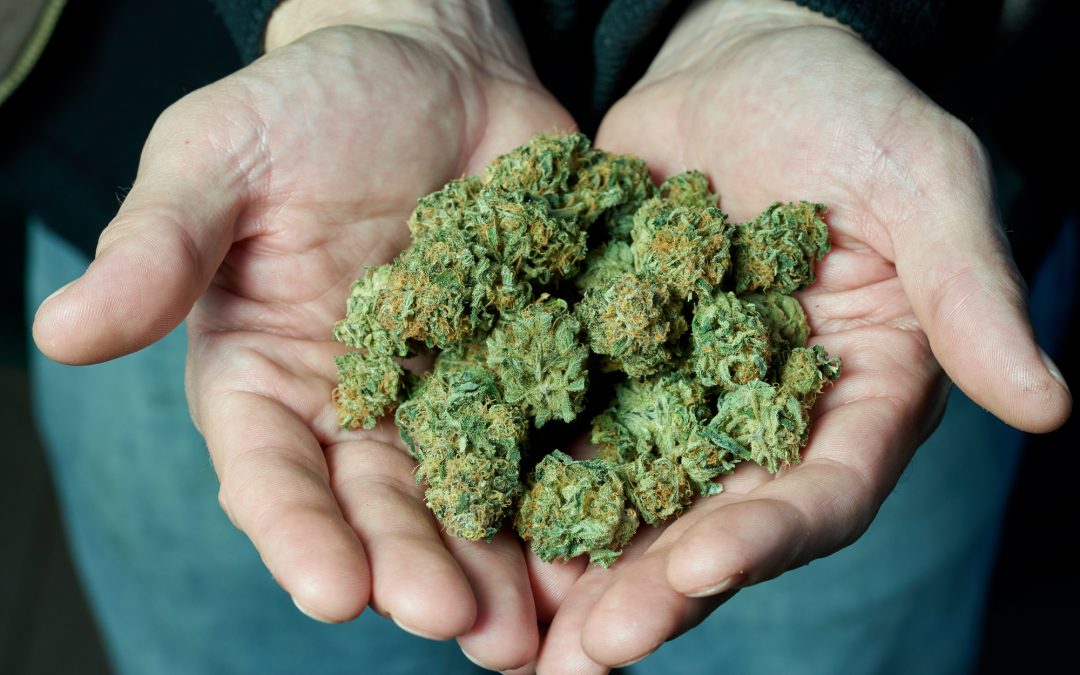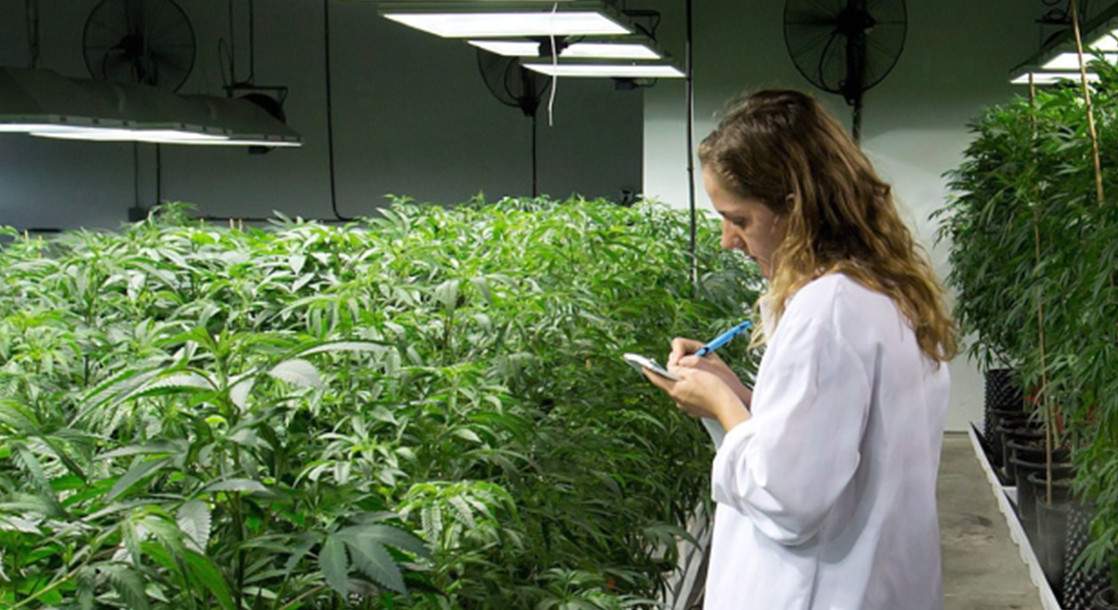Image via
This is how the legal weed works: Black and Brown communities are targeted by cops for weed-related crimes while it is illegal; then when the plant is legalized, they are pushed aside by much larger (usually white-led) corporations designed to make millions of the industry.
The hypocrisy is dire when you look at statistics. A 2020 Business Insider analysis of the 14 largest cannabis companies found that white men comprise 70 percent of executives — even though according to the ACLU, Black individuals are 3.73 times more likely to be arrested for cannabis-related charges.
That’s why programs are popping up around the country to prioritize employment and entrepreneurship in the legal cannabis industry for people of color.
The latest such plan comes from Ohio, where Youngstown-based reintegration non-profit United Returning Citizens has launched URC Grows, which is described as “an agriculture-based educational and employment program providing education, employment, and social justice for individuals that have been incarcerated for marijuana-related charges.”
The plan is for 10 individuals to take the 18-month course.
Participants in the program will receive business training and a certification from the Ohio Department of Education in three areas. First is an agricultural program that digs into both hydroponic and aquaponic growing techniques. The second round will focus on skills and education needed to sell industrial hemp and CBD. Finally, students will receive training in growing medicinal marijuana.
Ohio has legalized medicinal cannabis, but not adult-use or sale. That might change next year. At the end of August, a group called Coalition to Regulate Marijuana Like Alcohol received the go-ahead to begin collecting signatures for a November 2022 ballot measure that would legalize adult-use marijuana.
The United Returning Citizens program is receiving a $200,000 grant from the Hawthorne Social Justice Fund to get off the ground and partner with Youngstown medicinal cannabis company Riviera Creek.
A representative from United Returning Citizens told a local news channel that people who had been in the cannabis industry pre-legalization would make excellent candidates to lead the business after the drug is regulated.
“But people, they’re in their kitchen, they know they make good cake, then they go to culinary school because they know that this is an interest,” said UFC’s executive director Dionne Dowdy. “That’s exactly right, exactly.”
This is not the only program that has seen cannabis companies take on the responsibility of making sure the formerly incarcerated receive financial benefits from cannabis legalization.
The Last Prisoner Project maintains a handy list for cannabis industry employment training programs that are open to people who were formerly targeted by the War on Drugs — programs that often have scholarships for qualified individuals. In 2020, cannabis brand Caliva announced the formation of one such program, timed to meet the needs of the people who were being released from California prisons due to COVID-19 safety concerns.











